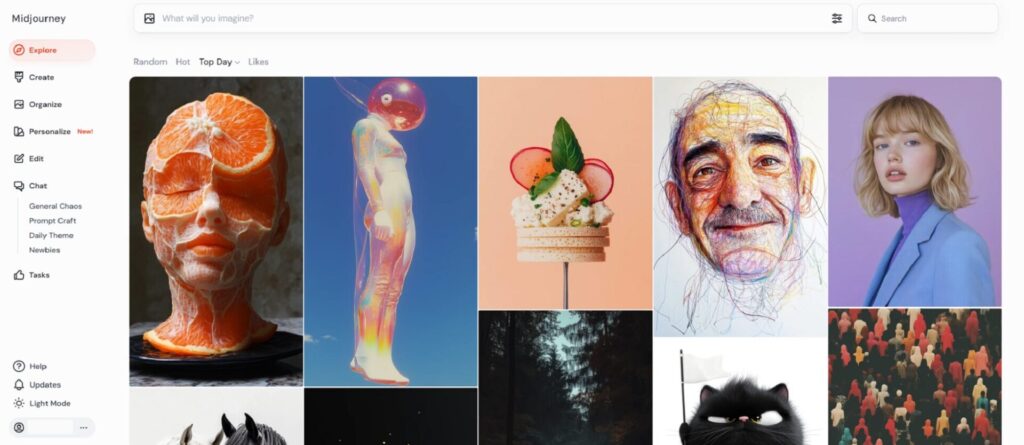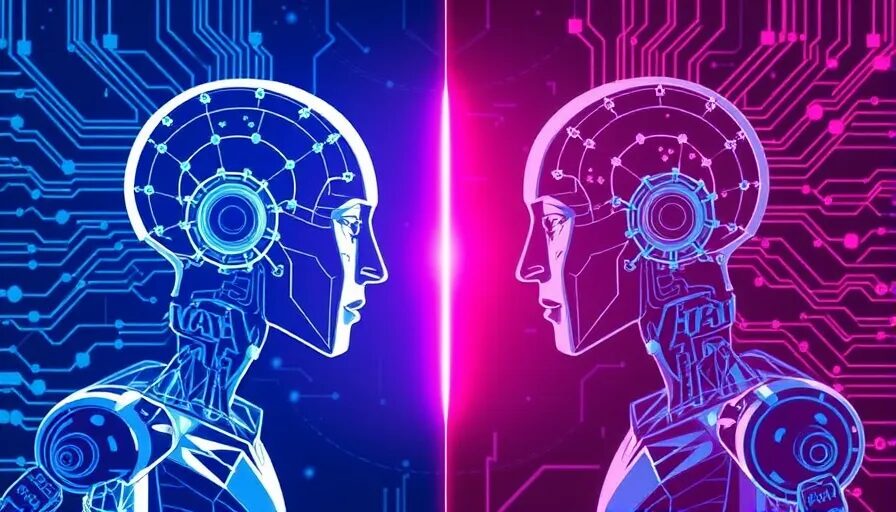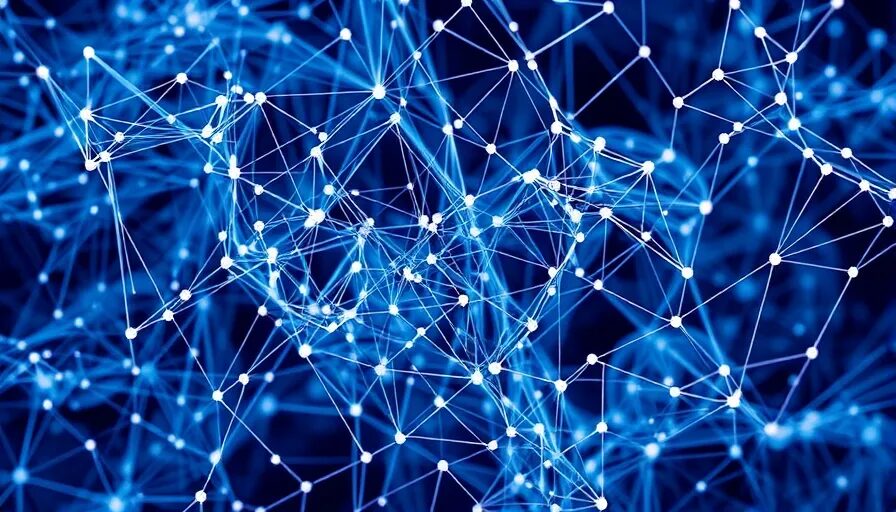AI is one of the most disruptive technologies the world has seen in a while. You can see it at work in a variety of industries, but some have more potential than others. Artificial intelligence in healthcare, for example, is one of the technology’s most promising applications.
The medical field has always been at the cutting edge of technology. It’s only logical that this industry would adopt something as revolutionary as AI. AI in healthcare is still in its early days, but it has too much potential to ignore.
Some hospitals and other healthcare businesses are already using AI, while others have yet to implement it. Here’s a rundown of how AI is helping healthcare professionals, and how it could in the future.
Diagnosis
Scientists have recognized the potential of AI in diagnoses ever since the 1970s, and it’s still a hot topic of research. With as much medical data as is available today, AI systems could offer accurate diagnoses. Machines could run tests and analyze patients’ medical history to connect the dots and make a diagnosis.
These technologies may not be perfect, but they’ve shown promising results in tests. In practice, they wouldn’t be the final decision-maker but would help doctors make accurate diagnoses faster. Faster diagnosis would mean patients could get the treatment they need sooner.
Diagnostic AI would be especially valuable in areas with more extreme labor shortages in healthcare. With less staff, doctors have to see more patients, which can take precious time. Having AI perform early diagnoses could help these doctors care for all of their patients.
Treatment and Therapy
Artificial intelligence in healthcare could also help staff and patients during treatment and ongoing care. AI systems can monitor patients while staff tend to others, alerting them if something happens. With technology like wearables, these programs could even predict changes in patient health from patients’ homes.
A company called Bionik Laboratories uses AI to help stroke patients in their recovery process. These systems can help physical therapists see what movements patients may need extra help with. With this help, therapists can give each patient the best support for their individual needs.
The same AI systems that diagnose patients could predict the best course of action for their treatment. AI tends to excel at making accurate predictions, so with enough patient data, it could find the best form of treatment. Since every patient has unique circumstances, personalized care is essential, and AI can help provide it.
Documentation
Hospitals can be busy places, but healthcare is a time-sensitive industry. Doctors and nurses need to spend as much time with patients as possible, but all the paperwork involved can stand in the way. AI provides a solution to this problem.
Using AI in administrative work isn’t as cutting-edge or mind-blowing as other applications, but it’s just as critical. Even with electronic health records (EHRs), nurses spend 25% of their time on documentation. AI can take over much of this work, giving staff substantially more time to spend with patients.
Machines can’t take over all jobs for people, but they’re typically superior when it comes to repetitive, data-heavy tasks. Work like EHR management and other documentation is ideal for AI. AI’s organizational skills would also cut down on the risk of misfiling.
Artificial Intelligence in Healthcare Has Much Potential
Artificial intelligence is far from a common resource in the healthcare industry. That said, it is starting to make its way into hospitals, and shows a lot of promise. As the benefits of AI in healthcare become more evident, it could start to become an industry standard.
When people’s lives are at stake, tools like AI are all the more critical. AI’s life-saving potential could, and should, revolutionize medicine.
Recent Stories
Follow Us On
Get the latest tech stories and news in seconds!
Sign up for our newsletter below to receive updates about technology trends




